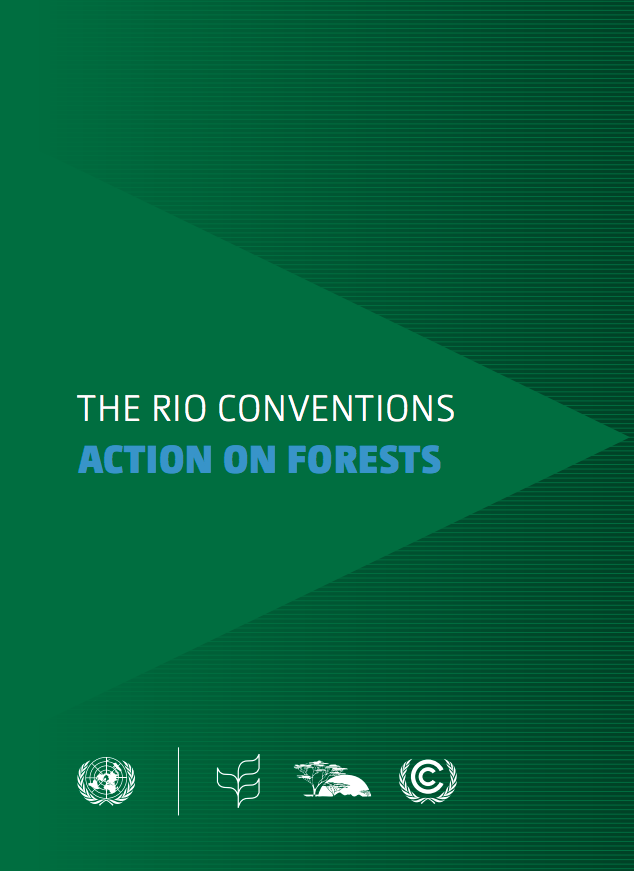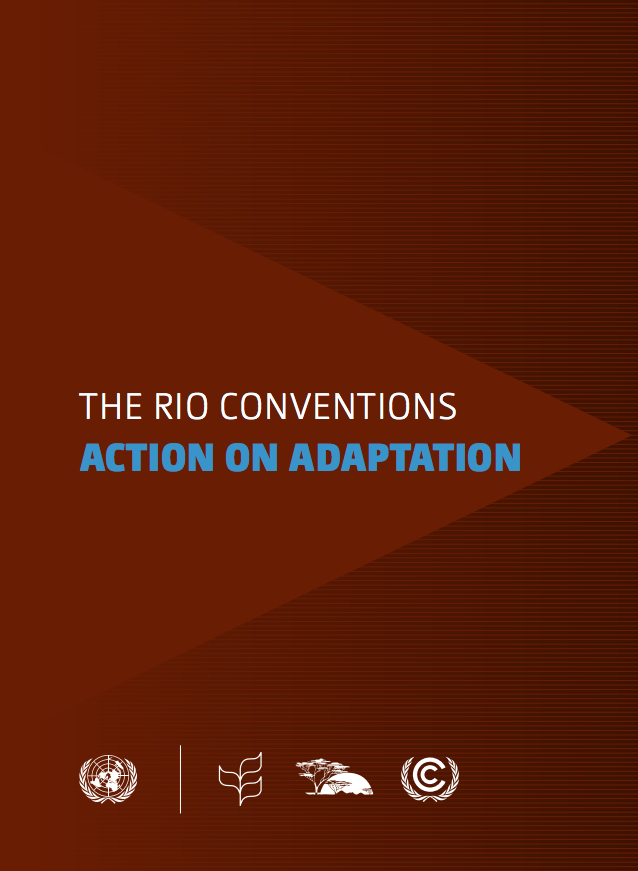Focal point
Location
Montreal QC H2Y 1N9
Canada
Tel:
Web: +1 514 288 2220
+1 514 288 6588
www.cbd.int
The Secretariat of the Convention on Biological Diversity was established (Article 24) to support the goals of the Convention. Its principal functions are to prepare for, and service, meetings of the Conferences of the Parties (COP) and other subsidiary bodies of the Convention, and to coordinate with relevant international bodies.
As a neutral organization staffed by international civil servants, the Secretariat is accountable to the COP and its subsidiary bodies and carries out those tasks that fall under its associated mandate.
The Secretariat is institutionally linked to UN Environment, its host institution and, pursuant to decision II/19, is located in Montreal, Canada since 1996. It currently employs some 110 staff, including short-term staff and consultants. Civil servants of the Secretariat come from around the world. Its head, the Executive Secretary, is appointed by the Secretary-General of the United Nations in consultation with the COP through its Bureau.
The Secretariat assists and provides administrative support to the COP, the Subsidiary Body on Scientific, Technical and Technological Advice and other Convention bodies. It represents the day-to-day focal point for the Convention, organizes all meetings under the Convention, prepares background documentation for those meeting and facilitates the flow of authoritative information on the implementation of the Convention. The Secretariat plays a significant role in coordinating the work carried out under the Convention with that of other relevant institutions and conventions, and represents the Convention at meetings of relevant bodies.
The Parties to the Convention have established trust funds to meet the costs of administering the Convention, including the costs of the Secretariat. All Parties contribute to the budget of the Convention. The Financial Rules for the Administration of the Trust Fund of the Convention on Biological Diversity were adopted by the first meeting of the Conference of the Parties through its decision I/6. Contributions made by Parties to the Convention to the Trust Fund are based on the UN scale of assessments.
The Secretariat plays a significant role in supporting the implementation of the Convention. This can be fulfilled, for example by compilation of national reports on compliance by domestic authorities. The Secretariat transmits such reports and information to the COP and sometimes elaborates a synthesis of the national reports and information on implementation. The Secretariat also acts as information clearing house. In light of this, the Secretariat is strengthening its information dissemination activities on public awareness, information and training, in order to facilitate implementation of Article 13 of the Convention on Public Education and Awareness.
In spite of the considerable advancements achieved by the Convention since its entry into force, the extent of the biodiversity challenge facing the international community requires urgent additional efforts as well as enhanced international cooperation and inter-agency collaboration on the scale necessary to translate the three objectives of the Convention into reality and achieve the Strategic Plan for Biodiversity 2011-2020, its Aichi Biodiversity Targets, and the Sustainable Development Goals.
To achieve such a strategic objective, a new era of enhanced implementation is required. The Secretariat is fully committed, through the highest standards of professionalism and objectivity, in performing an enhanced role in facilitating and supporting implementation of the Convention on Biological Diversity by Parties and stakeholders.
Members:
Resources
Displaying 6 - 10 of 12The Rio Conventions: Action on Forests
The importance of forests in climate change, biodiversity and desertification/land degradation
Forests cover approximately 30 per cent of the Earth’s land surface and provide important ecosystem goods and services, including food, fodder, water, shelter, nutrient cycling, air purification, and cultural and recreational amenities. Forests also store carbon, provide habitat for a wide range of species and help alleviate land degradation and desertification.
The Rio Conventions: Action on Adaptation
The earth’s climate is changing at a rate unprecedented in recent human history and will continue to do so for the foreseeable future. The impacts and risks associated with this are global, geographically diverse and increasingly being felt across a range of systems and sectors essential for human livelihoods and well-being. The more severe and far-reaching the impacts of climate change are, the greater the loss of species will be, and the greater the deterioration of drylands and the risk of desertification and land degradation around the world will be.
Food Security Funds. Finance Info Kit.
In terms of innovative mechanisms, economic and financial mechanisms that rely on regulationand markets to provide incentives for environmental stewardship are also relevant. These mechanisms include different types of regulations and direct or indirect payments schemes, for example tradable development rights, trading of emission reduction and payment for environmental services.
Investment based mechanisms, like microfinance, are other types of mechanism that can provide financing for UNCCD and SLM practises.
Food Security Funds. Finance Info Kit.
In terms of innovative mechanisms, economic and financial mechanisms that rely on regulationand markets to provide incentives for environmental stewardship are also relevant. These mechanisms include different types of regulations and direct or indirect payments schemes, for example tradable development rights, trading of emission reduction and payment for environmental services.
Investment based mechanisms, like microfinance, are other types of mechanism that can provide financing for UNCCD and SLM practises.
Collection of Submissions on Innovative Financial Mechanisms
In terms of innovative mechanisms, economic and financial mechanisms that rely on regulationand markets to provide incentives for environmental stewardship are also relevant. These mechanisms include different types of regulations and direct or indirect payments schemes, for example tradable development rights, trading of emission reduction and payment for environmental services.
Investment based mechanisms, like microfinance, are other types of mechanism that can provide financing for UNCCD and SLM practises.



